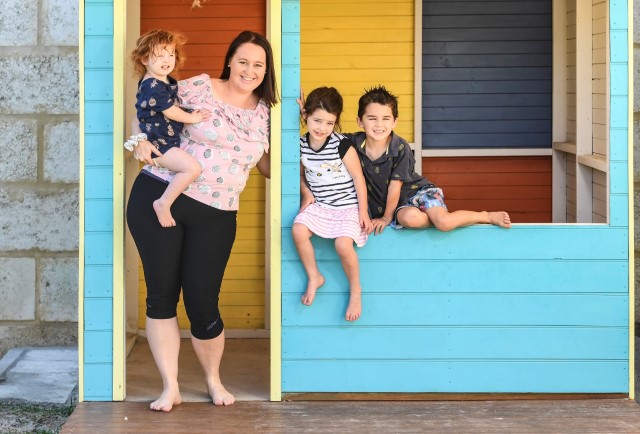Search
Showing results for "Au"
Research
Longitudinal Analysis of Group A Streptococcus emm Types and emm Clusters in a High-Prevalence Setting: Relationship between Past and Future InfectionsNo evidence of tissue tropism was observed, and there was no apparent selective pressure or constraint of emm types
Research
Echinocandins in Pediatric Invasive Candidiasis and the Challenges of Antifungal Use in ChildrenIn pediatric invasive candidiasis (IC), epidemiology and risk factors differ compared to adults. Furthermore, the use of antifungals in children is challenging and requires consideration of availability and tolerability of formulations, pharmacokinetic and pharmacodynamic variations, and safety in different age groups.
Research
Consensus guidelines for optimising antifungal drug delivery and monitoring to avoid toxicity and improve outcomes in patients with haematological malignancy and haemopoietic stem cell transplant recipients, 2021Antifungal agents can have complex dosing and the potential for drug interaction, both of which can lead to subtherapeutic antifungal drug concentrations and poorer clinical outcomes for patients with haematological malignancy and haemopoietic stem cell transplant recipients. Antifungal agents can also be associated with significant toxicities when drug concentrations are too high.
Research
COVID-19-Related Submission Priorities From the Journal of the Pediatric Infectious Diseases SocietyChristopher Blyth MBBS (Hons) DCH FRACP FRCPA PhD Centre Head, Wesfarmers Centre of Vaccines and Infectious Diseases; Co-Head, Infectious Diseases
Research
COVID-19 and changes in the National Immunisation Program: a unique opportunity to optimise the Australian Immunisation Register (AIR)Christopher Blyth MBBS (Hons) DCH FRACP FRCPA PhD Centre Head, Wesfarmers Centre of Vaccines and Infectious Diseases; Co-Head, Infectious Diseases
Research
Associations between respiratory and vascular function in early childhoodThe link between respiratory and vascular health is well documented in adult populations. Impaired lung function is consistently associated with thicker arteries and higher incidence of cardiovascular disease. However, there are limited data on this relationship in young children and the studies that exist have focussed on populations at high risk of cardiorespiratory morbidity.
Research
Catalyst Twenty-Twenty: Post-Traumatic Growth at Scales of Person, Place and PlanetPlanetary health is a broad multidisciplinary effort that attempts to address what has been described as “Anthropocene Syndrome”—the wicked, interrelated challenges of our time. These include, but are not limited to, grotesque biodiversity losses, climate change, environmental degradation, resource depletion, the global burden of non-communicable diseases (NCDs), health inequalities, social injustices, erosion of wisdom and civility, together with the many structural underpinnings of these grand challenges.
Research
Using a trauma informed practice framework to enhance understanding of and identify support strategies for behavioural difficulties in young people with Prader-Willi syndromeBehavioural support for young people with Prader-Willi syndrome (PWS) is necessary in home and school environments. The Trauma Informed Practice (TIP) framework has been used to support young people with complex behavioural needs in school settings. To identify parent and professional perspectives on behavioural challenges experienced by young people with PWS and strategies for supports, to inform understanding of how they are aligned with the TIP framework.

The ORIGINS Community Wellbeing during COVID-19 Project is investigating the impact of the COVID-19 pandemic on emotional wellbeing, family functioning and perceived stress on families.

News & Events
DiabHQ is on the wayOver the coming months, WA children living with diabetes will be given the opportunity to participate in DiabHQ, an innovative new data platform.
